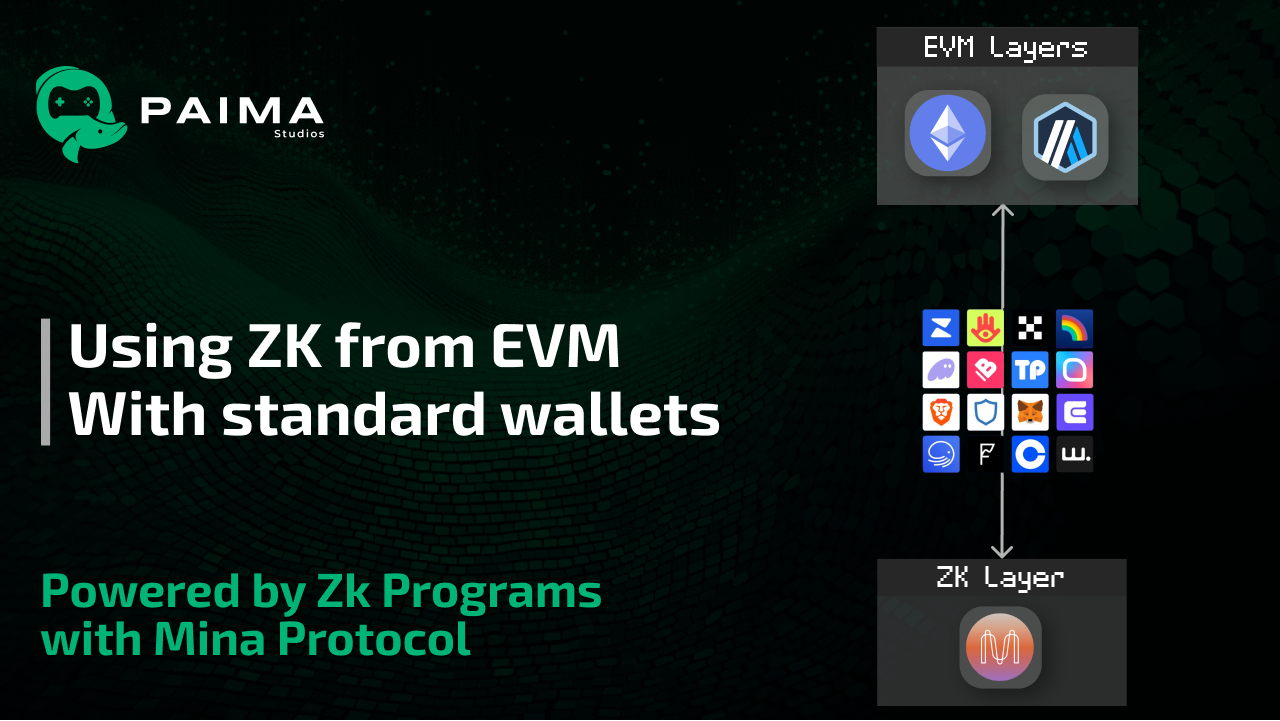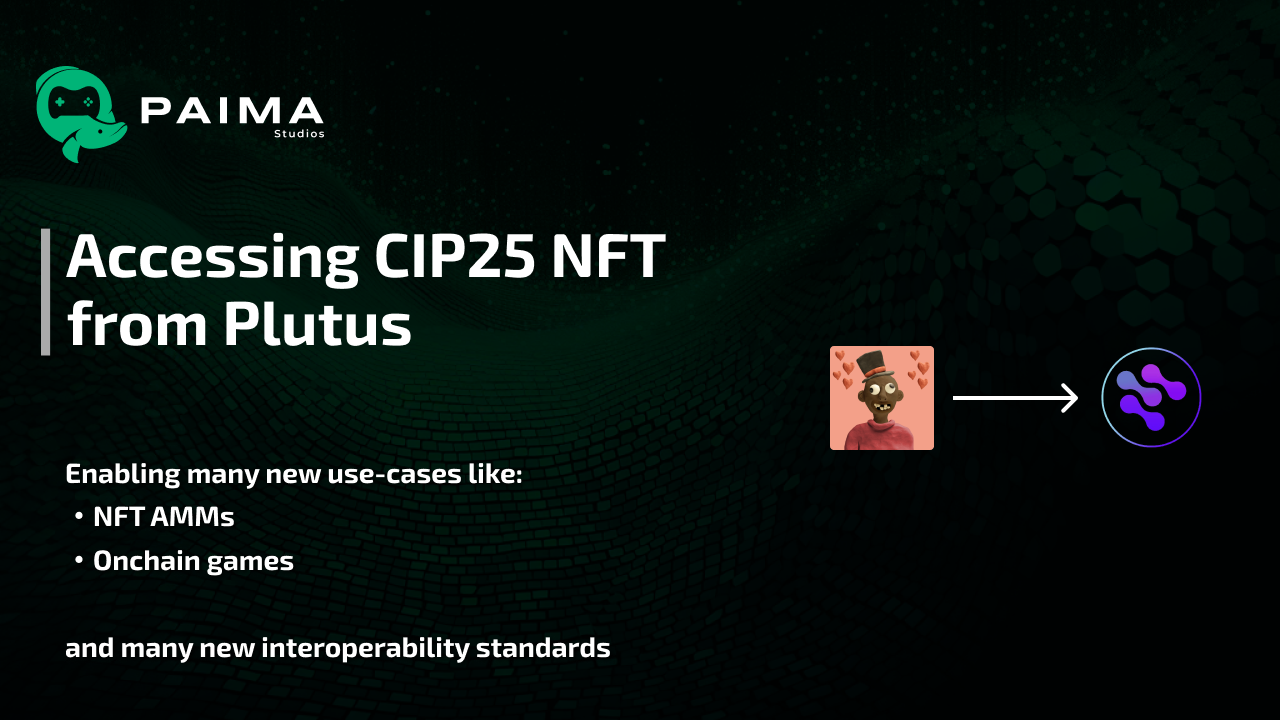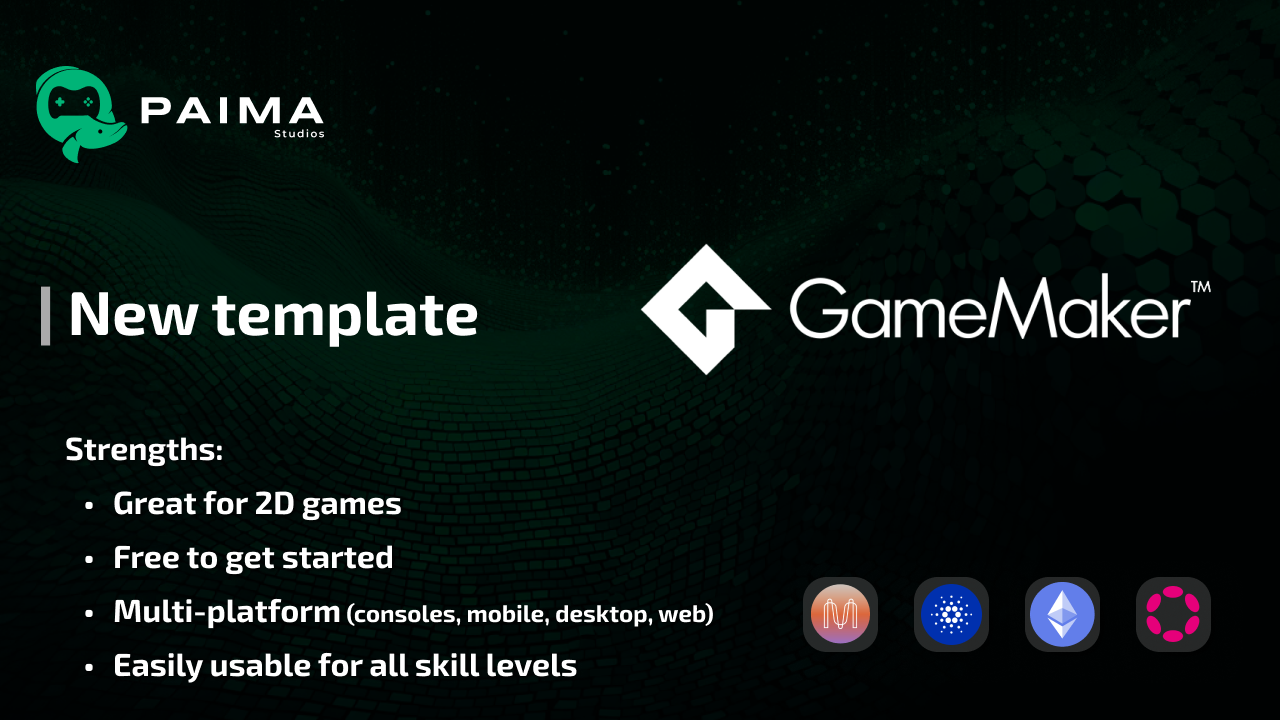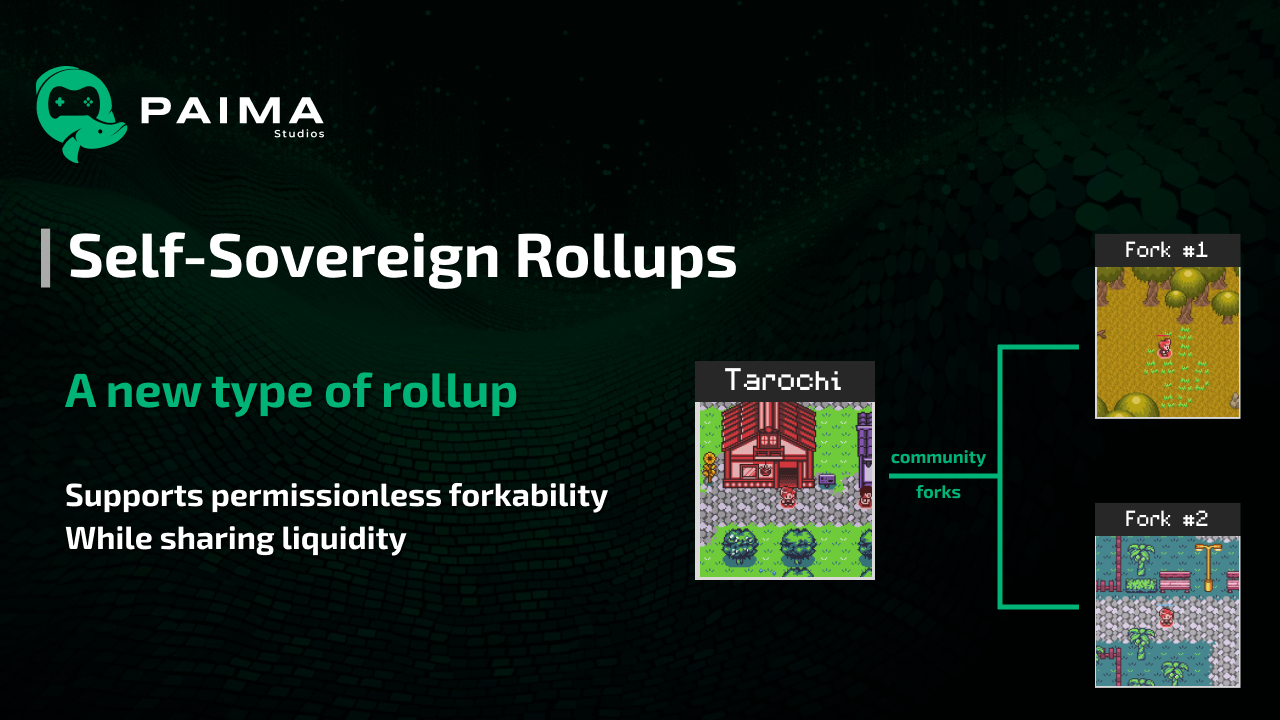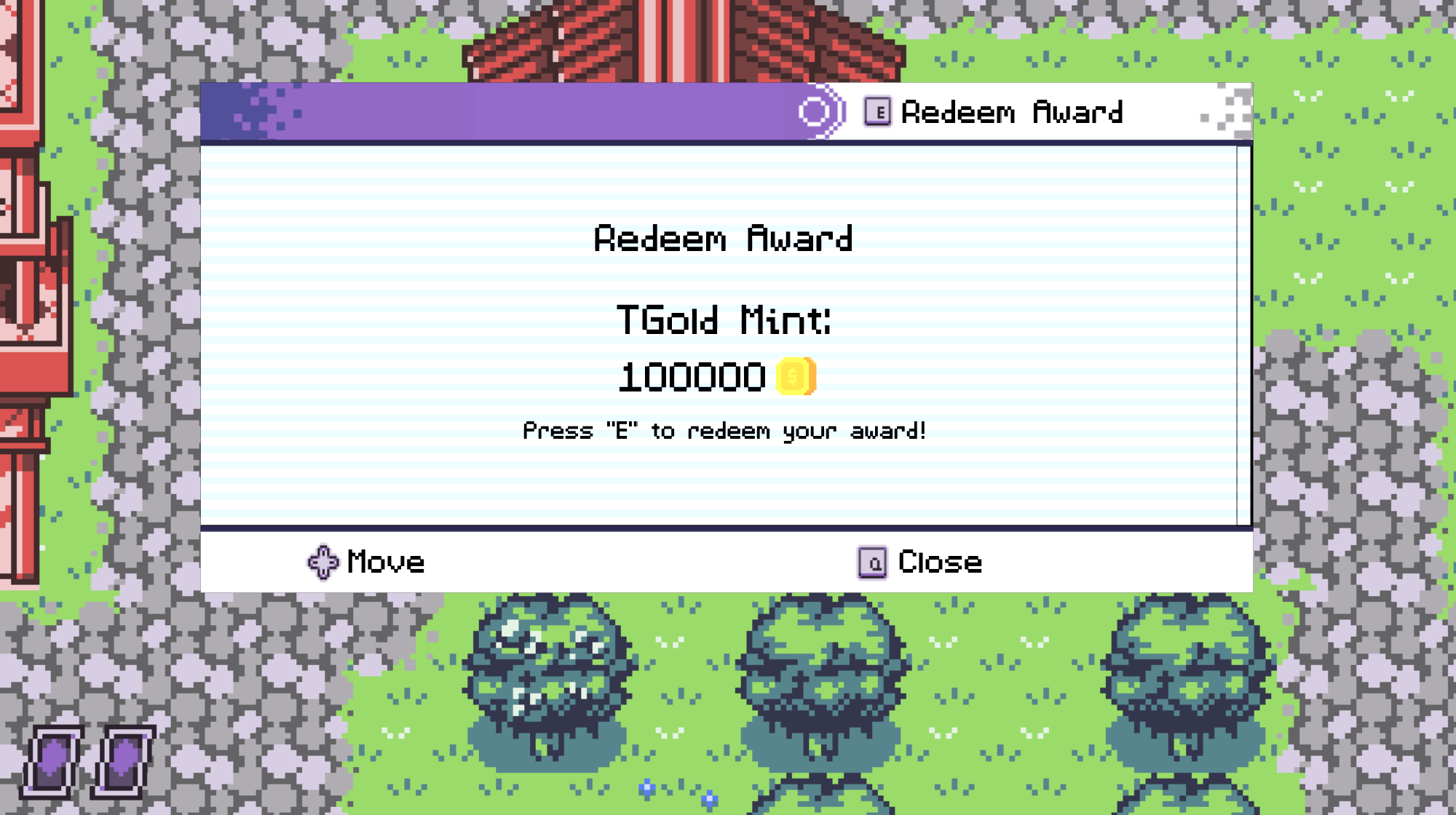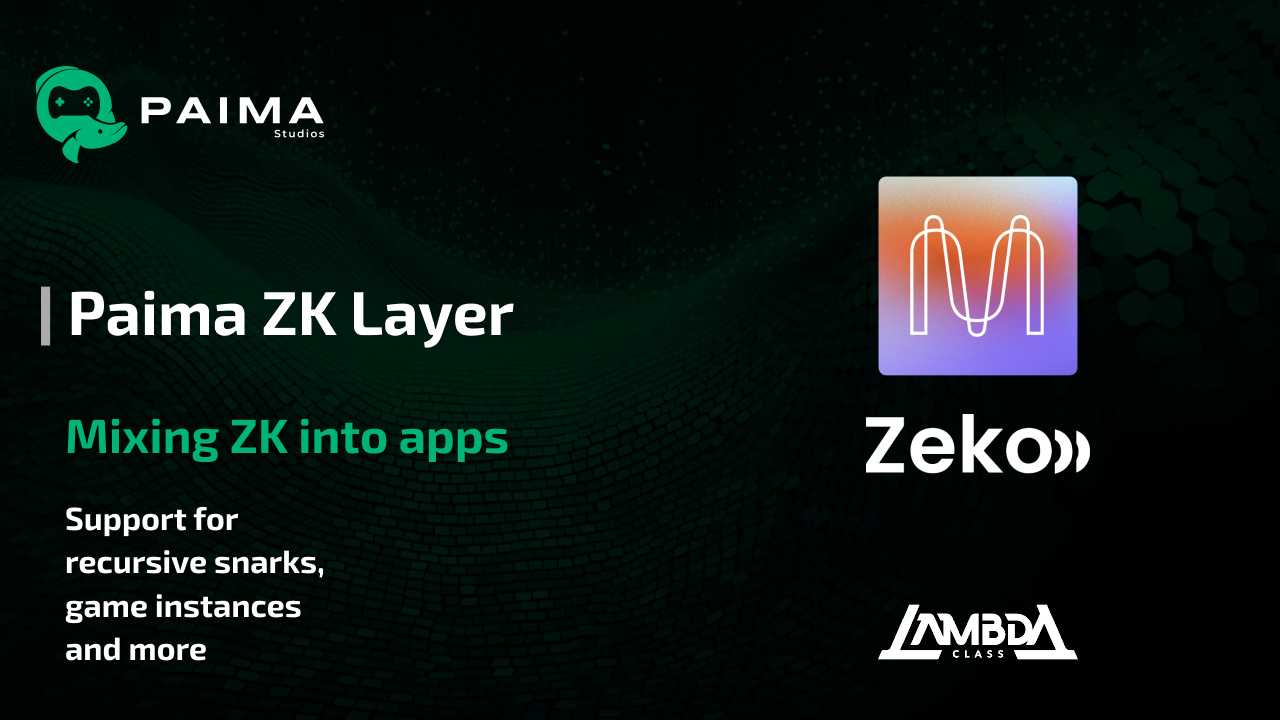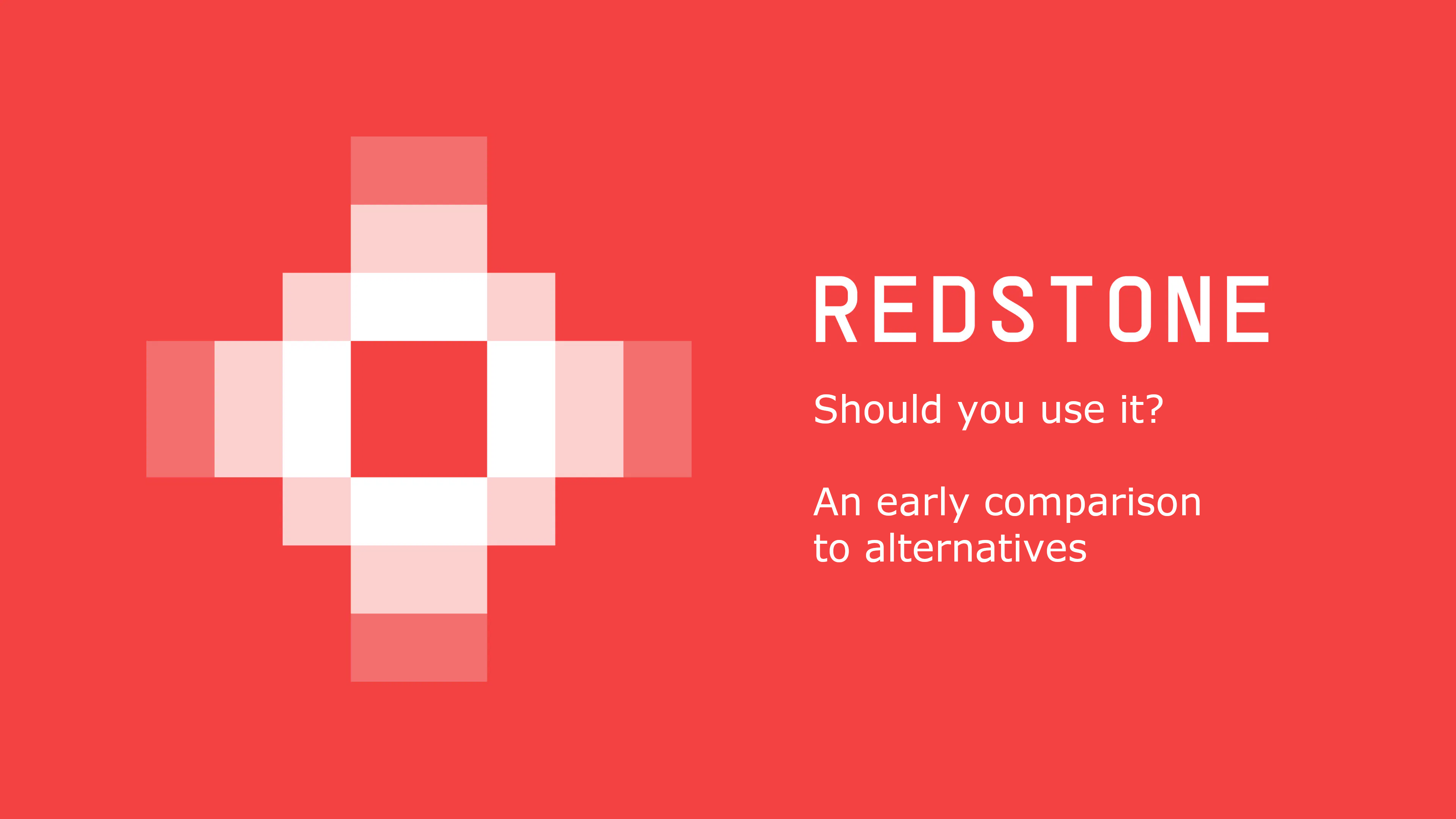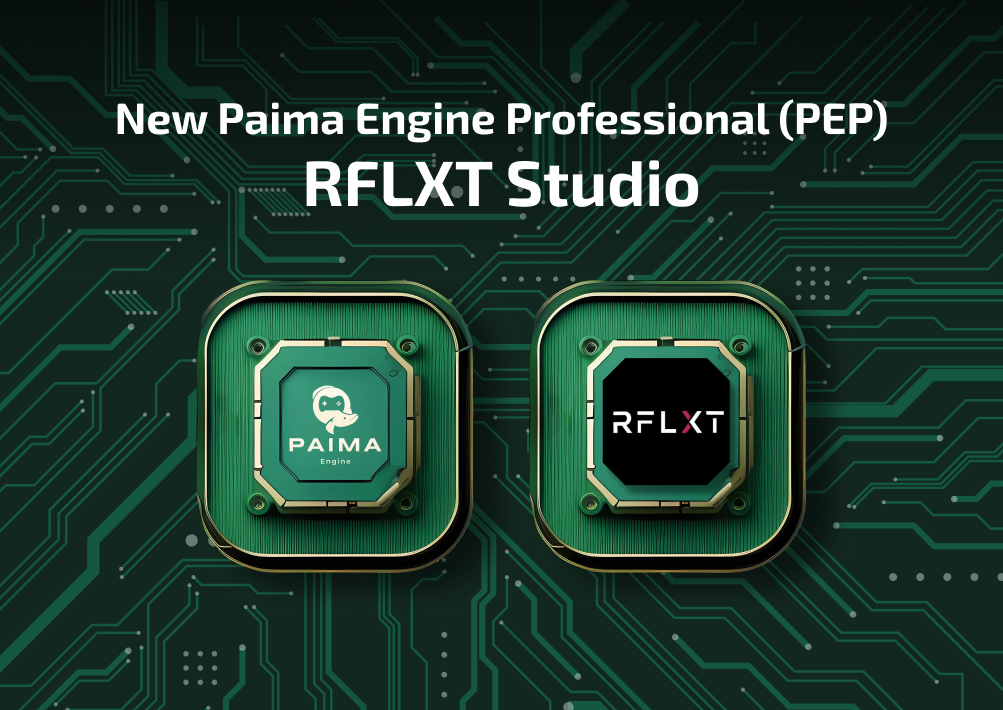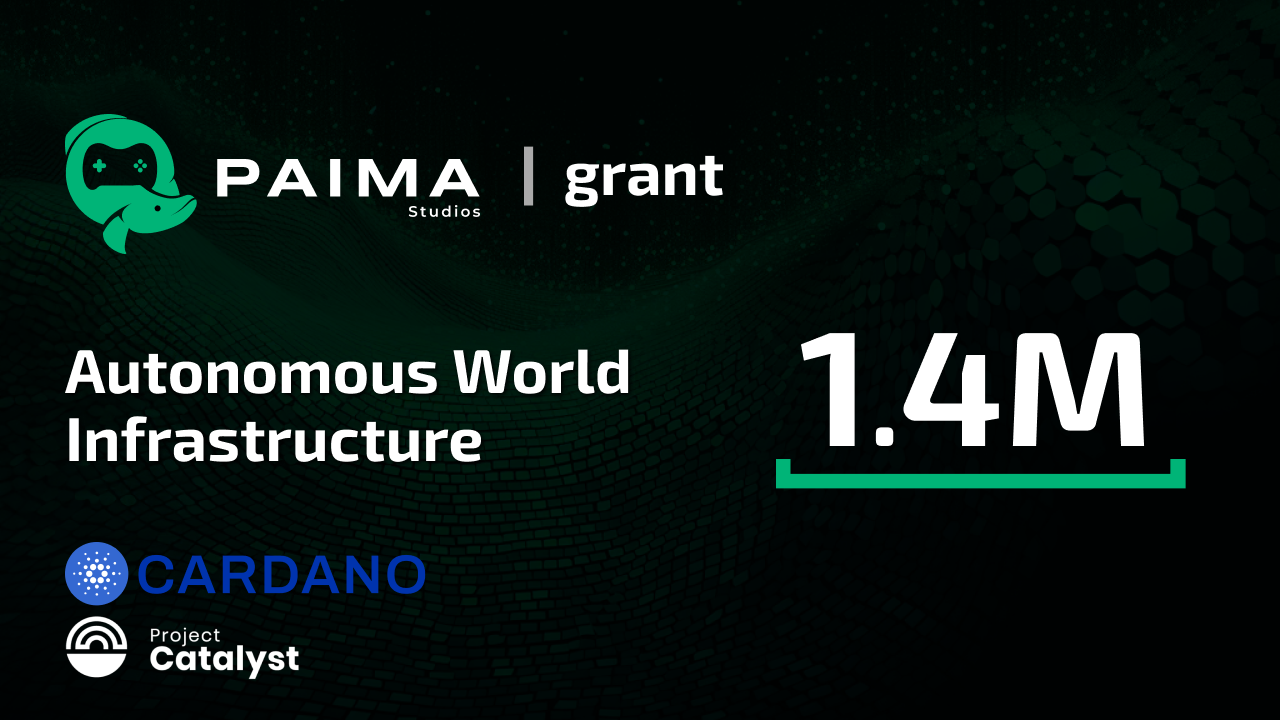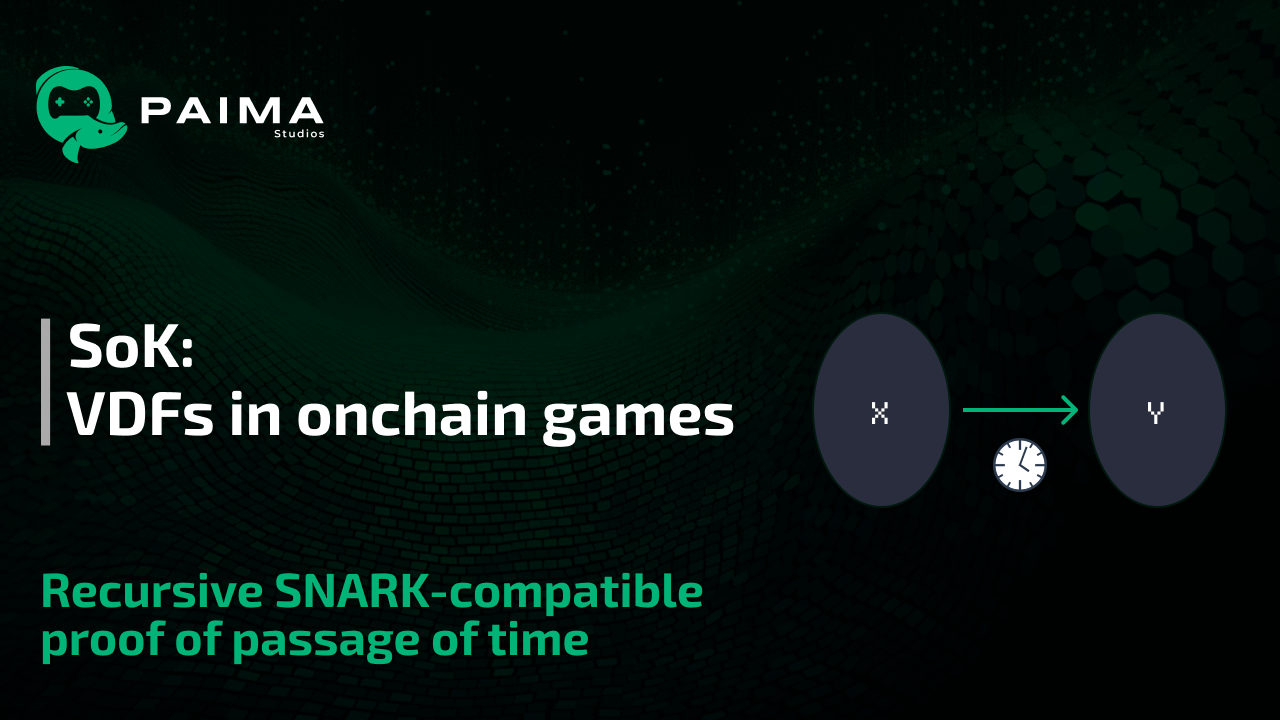
Games are a growing trend in crypto, with many games trying to be as "onchain" as possible in order to maximize composability. However, building onchain games can often lead to increased latency in the game as transactions need to settle to the underlying chain.
There are many directions projects are innovating in to try and reduce the latency while maintaining composability, with ZK cryptography being one of the most promising. In this paradigm, the goal is to enable players to play local-first, and then only synchronize with the chain as little as needed with a ZK proof of the actions they took.
